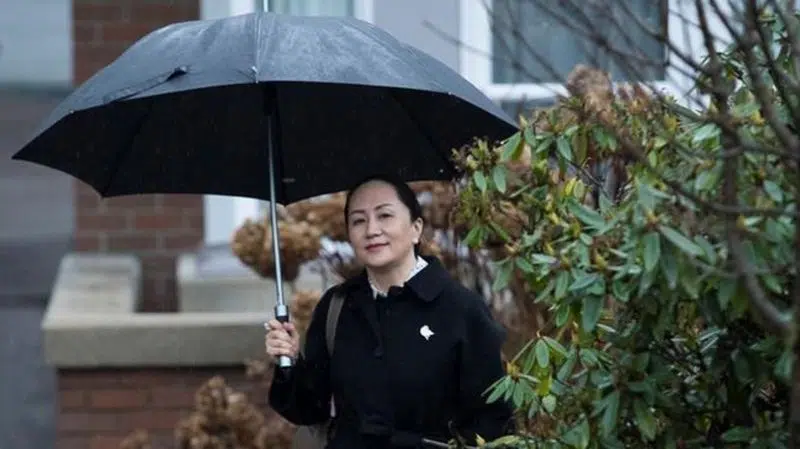
Meng Wanzhou case a ‘test’ of Canadian legal system: defence lawyer
VANCOUVER — An extradition case against Huawei executive Meng Wanzhou is a test of whether courts will reject foreign charges that run contrary to Canadian values, argues her lawyer.
A British Columbia Supreme Court hearing wrapped Thursday that focused on the legal test of double criminality, or whether the conduct Meng is accused of would also be a crime in Canada.
The United States has charged her with fraud over allegations she lied to HSBC about Huawei’s relationship with an Iran-based subsidiary, putting the bank at risk of violating American sanctions.
The defence has argued the judge must dismiss the case because Canada has rejected similar sanctions, while the Crown said the judge’s job is to determine if there’s evidence of fraud, not to uphold Canadian sovereignty.


